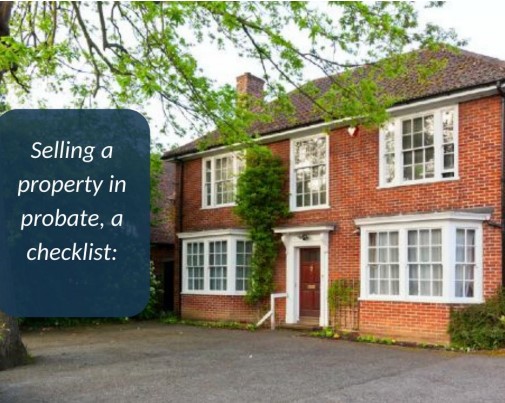What does Trump’s election victory mean for the UK housing market?
As anti-Trump rallies are held across the US in reaction to the stunning result of the presidential election, UK economists and property selling experts find themselves experiencing a feeling of unease about the future of British markets.
To state that Donald Trump’s victory against Hillary Clinton was a shock may well be the understatement of the century. As the UK celebrates losing the crown of the most controversial vote of the year to the US, it leaves us pondering the knock-on effects of the contentious billionaire becoming the most powerful man on earth.
For the housing market in the UK, it seems to be a case of sitting, biting our nails and hoping that the cards fall in our favour. Those looking to sell their homes fast may find themselves looking towards property buying companies in an effort to strike before they lose too much of their house’s value.
Trump’s win was seen by many as the ultimate anti-establishment vote against a deeply unpopular politician. Clinton is viewed by a large percentage of the population as untrustworthy; and a symbol of all that is wrong with the culture on Capitol Hill.
Across America, low-paid workers are celebrating at the proposition of manufacturing jobs returning home, while the increased taxes on Chinese imports will urge consumers to buy US-made products. Sadly, however, with the increase in automation of low-paid jobs from factories and drivers, it is unlikely there will be any jobs left upon their return.
Furthermore, with Putin stating upon Trump’s victory that he is ready to fully reinstate diplomatic and trade ties with the US, the American public see this as a way to avert any future military action between the two super-powers. Yet many others believe this is the first step for the withdrawal of the US from both NATO and the United Nations, while allowing Russia to gain the support it needs to recover former Soviet states back from Europe.
For the GOP, the win means retaining a majority in the Senate and the House of Representatives, as well as another stab at the White House. For the DNC, however, the painful loss will not be forgotten easily – especially considering the imbalance of support shown for Hillary over the more progressive and popular candidate Bernie Sanders (a man whose approval rating is one of the highest in Congress). In hindsight, many believe that Sanders would have been a shoe-in for the presidency had he been the DNC’s priority, but the influence and power of the Clintons ensured that this would never happen.
But what about the UK? Global markets reacted with a sharp fall upon the election announcement, but this fall is expected to stabilise over time, much like Brexit. However, as Trump was a big supporter of the UK’s choice to leave the EU, it is entirely possible that stronger trade ties between the US and UK will develop. But then, as the majority of imports arrive from Eastern Asia, the benefits of any supposed deal are hard to gauge at this point.
The UK has historically been used as a ‘middle-man’ by both EU countries and the US, but with Britain’s withdrawal from the European Union, many believe that the America’s need for a ‘special relationship’ with Britain may not be a priority for Trump anymore.
The president-elect himself has called the deeply unpopular Trans-Pacific Partnership trade deal a “rape of our country”, a sentiment echoed by many in the UK – but his emphasis on aiding American industry as opposed to strengthening ties with Western Europe could lead to a reduced level of globalisation, reducing business opportunities for the UK and thus impacting on all our markets, including housing.
There’s also the weak British pound and a lack of consumer confidence due to the Brexit referendum, as well as the potential change in international relations with China, the US; and the EU itself could go either way. So will we enjoy a commercial and industrial renaissance across the country? Or are we facing a depressive period devoid of economic growth? Only time will tell.
Worried about your home’s value after global changes? Why not ask National Homebuyers for advice, as we buy any house. Call 08000 443 911 or request a call back to find out how much you could get for your property.





